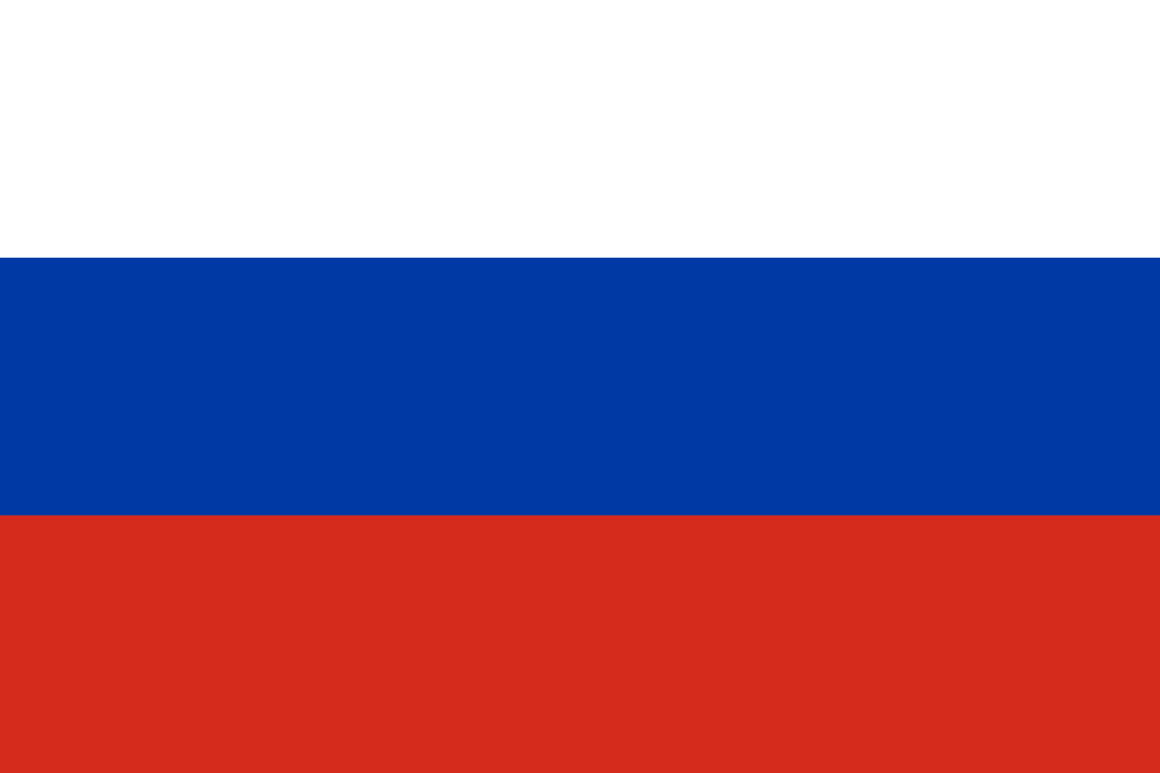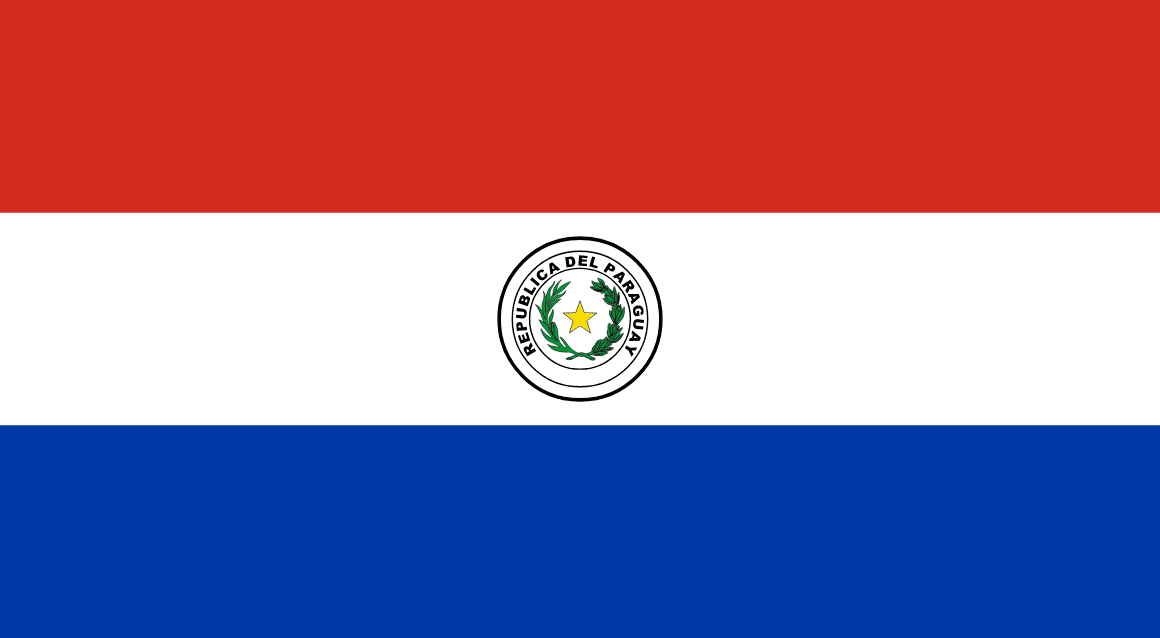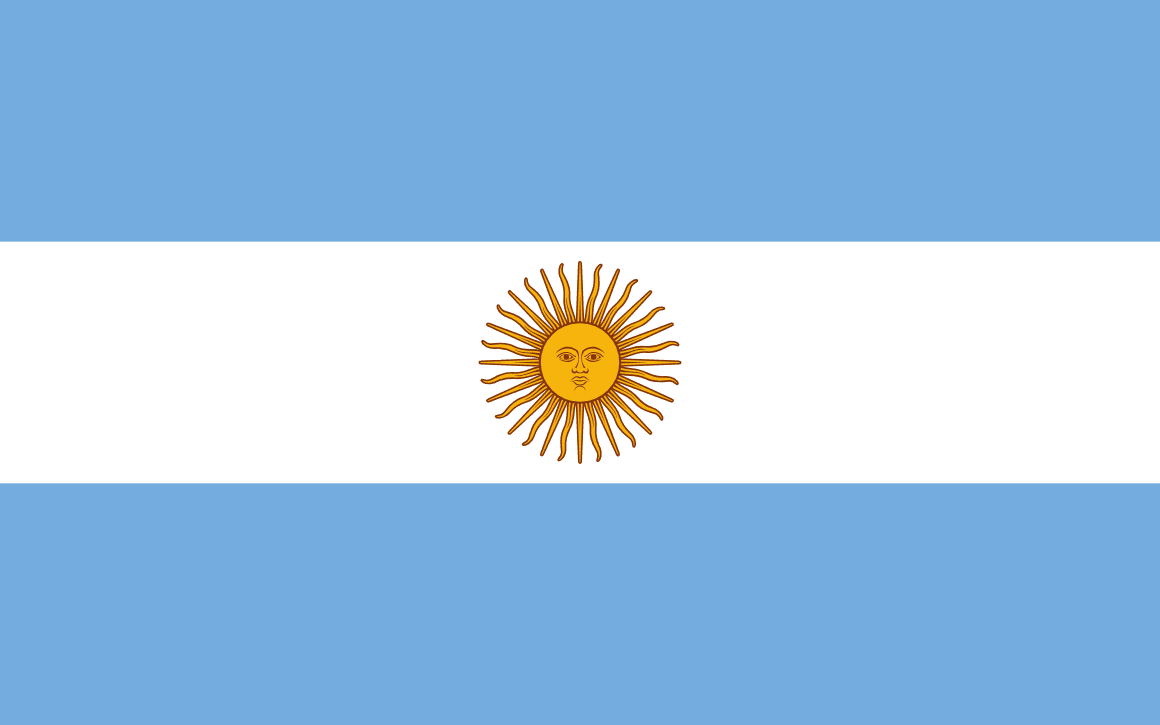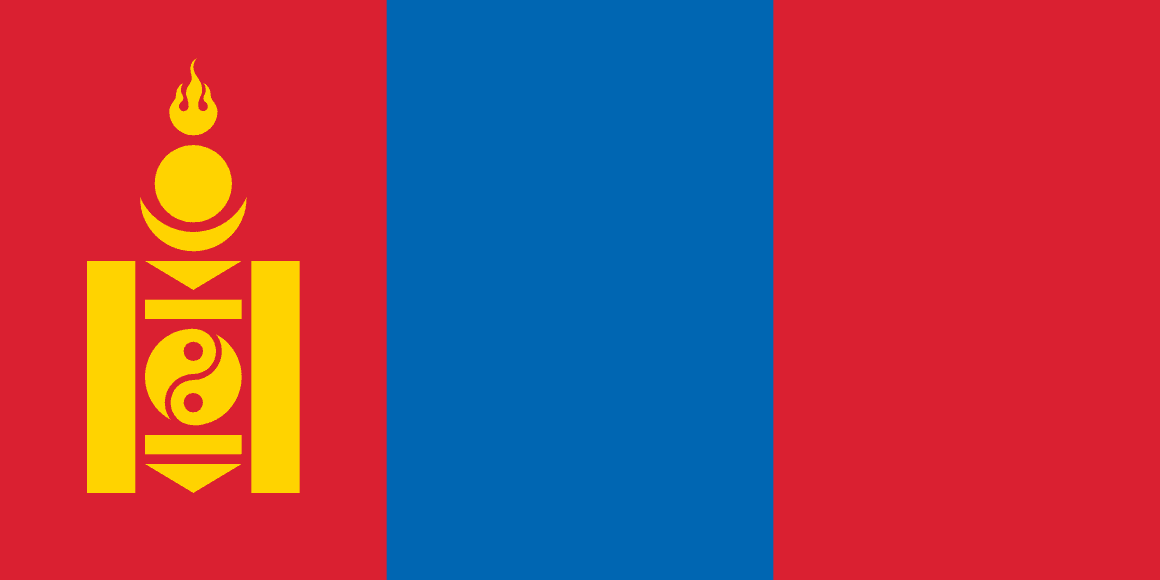


In June 2023, the US Department of the Treasury's Office of Foreign Assets Control (OFAC) sanctioned four companies and one individual connected to the Russian Wagner Group's (now Africa Corps) exploitation of gold resources to fund its global mercenary operations. A key target was Midas Ressources SARLU, a Central African Republic (CAR)-based mining company that controlled the Ndassima gold mine containing reserves valued at over one billion dollars, which Wagner forces protected from CAR government inspection while reportedly collaborating with local rebel groups in violation of CAR mining regulations and UN sanctions. The sanctions also targeted Diamville SAU, a gold and diamond purchasing company in CAR controlled by Wagner founder Yevgeniy Prigozhin, along with its partners Industrial Resources General Trading in Dubai and OOO DM in Russia, which together operated a sophisticated scheme to convert CAR-origin gold into US dollars and physically transport cash to Russia following sanctions on Russian financial institutions. This case highlights how illegal mining operations can serve as financing vehicles for transnational criminal organisations and armed groups, with gold being particularly valuable due to its portability, value retention, and the difficulty in tracing its origins – challenges that prompted multiple US government agencies to simultaneously issue an advisory on the gold sector across sub-Saharan Africa, warning of risks related to conflict financing, Money Laundering, Sanctions Evasion, Human Rights Violations, and environmental degradation associated with such illicit operations.



The Wagner Group is a Russian private military company that plays a significant role in illegal mining activities in Africa, particularly as part of Russia’s broader strategy to exert influence and secure economic resources in resource-rich, politically unstable regions. The group's involvement in illegal mining operations is intertwined with its global financial networks, which are reportedly linked to conflict financing. As of 2024, the Wagner Group in Africa has been taken over by the Africa Corps, a Russian mercenary group controlled by the Russian government. A 2023 report from US think tank 21 Democracy estimates that Russia, through the Wagner Group and subsequent Africa Corps, has earned more than US$2.5 billion from African gold since February 2022. The US has sanctioned the group for its exploitation of natural resources in countries such as the Central African Republic (CAR) and Mali that create a revenue stream for conflicts across the region, as well as the Russian-Ukraine war. In the CAR, Wagner’s forces have been accused of using violence to secure control of mining areas, displacing local communities and exploiting workers. The group also has a reportedly sophisticated smuggling network to move illegally mined resources, particularly gold and diamonds, out of Africa and into the global market. These practices also often violate international sanctions, like restrictions against the Wagner Group by countries such as the US and UK, highlighting the linkages between illegal mining, Sanctions Evasion, and conflict financing.

The Tampakan copper-gold mining project in the Philippines has experienced fluctuating support and opposition since its mineral reserves were discovered in the 1990s, revealing deep tensions between industrial development and environmental and social justice. Local opposition, led by the Catholic Church, environmental coalitions like the Tampakan Forum, and Indigenous groups, has centered on the threat the open-pit mine poses to watersheds, forests, and the ancestral domain of the Blaan people. Despite securing national-level regulatory wins – such as the National Commission on Indigenous Peoples' certification of Indigenous consent in 2020 and a short-lived lifting of the mining ban in 2022 – the project continues to face strong local resistance. The case exemplifies the volatile interface of local autonomy, Indigenous rights, environmental stewardship, and corporate interest in large-scale resource extraction in the Philippines.

In 2020, an illegal gold mining operation was discovered on the ancestral lands of the Obo Monuvu Indigenous people (commonly called Manobo) within the protected Mount Apo area in Mindanao, Philippines. Tribal chief Joel Buntal reported that "The operator did not seek permission from the tribal council to mine the area. They conducted their operations during the nighttime." According to Manobo leader Era España, previous illegal small-scale mining operations had encroached on ancestral lands around Mount Apo because "the tribe allowed them" without following the legally required Free, Prior and Informed Consent (FPIC) process. This bypassing of proper procedures undermined Indigenous governance systems and created community divisions. The illegal mine consisted of a 5 metre tunnel with approximately 25 sacks of ore (each containing about 90kg). One Child Labourer interviewed by Mongabay described carrying four 10kg sacks of ore daily from the mining tunnel to waiting trucks, traversing rivers and navigating steep, slippery slopes. The children were promised 5 pesos per kg (potentially earning about US$4 per day) but ultimately weren't paid for their work. This wage theft prompted the children to report the operation to authorities, which led to the exposure and subsequent shutdown of the illegal mining operation, according to tribal council member Benjamin Bugcal.

In Paracale, a small rural town in the central Philippines with abundant gold deposits, the health consequences of illegal gold mining practices have devastated local communities. Despite the Philippines government banning mercury use in small goldmines in 2012, miners continue using this toxic element to extract gold from ore, creating severe health hazards. Residents first noticed "mysterious illnesses" affecting their lungs before environmental organisation Ban Toxics discovered mercury levels so high their instruments couldn't measure them. The Guardian highlights one case in which Shirley Suzara, vice-president of a local mining association, lost her cousin – a miner in his 40s – to lung disease after suffering debilitating headaches and repeated hospitalisations, leaving behind his wife and nine children. Studies confirm that even minimal mercury exposure can severely damage the central nervous system, causing immediate symptoms like hair loss, tremors, and impaired vision, while chronic exposure leads to lung disease, paralysis, and birth defects. With approximately 15 million people worldwide working in small-scale gold mines and four out of five residents in towns like Paracale depending on gold for income, these health impacts represent an ongoing crisis affecting generations of mining communities.

The Sanchez-Paredes clan, a powerful family in northern Peru, has used gold mining as a front for laundering Drug Trafficking profits. Based in La Libertad, the clan owns several formally registered mining companies, including Comarsa and CIA Minera Aurifera Santa Rosa, which are accused of laundering money through gold exports. According to US and Peruvian investigations, these companies received millions of dollars in wire transfers from US refineries such as Republic Metals Corporation and European buyers like Italpreziosi, under the pretence of buying gold sourced legally. A 2012 investigation by the Manhattan District Attorney’s Office linked the clan to US$31 million laundered through US bank accounts, allegedly using front companies to mask the illicit origin of gold. Locally, the clan maintains control over regional mines through intimidation and violence, pushing out smaller operators and coercing workers to accept lower wages during downturns. Though under investigation in both the US and Peru, with Peruvian prosecutors calling for a 28-year prison sentence in 2023, prosecution has stalled for years, reflecting the family’s deep political connections and the structural weaknesses in Peru’s legal system when dealing with elite criminal networks.

According to the Global Initiative Against Transnational Organized Crime, in Peru’s Madre de Dios region, where over 90% of gold is illegally extracted, mining towns like Delta 1 and La Rinconada have become hubs for sex trafficking, where girls as young as 12 are forced into prostitution. Delta 1 alone houses approximately 2,000 sex workers, 60% of whom are minors. Weak enforcement, corruption, and the region’s economic dependence on mining perpetuate this abuse.

In May 2025, Peru’s President suspended gold mining and announced a 12-hour curfew in Pataz, a region in northern Peru, after criminals kidnapped and killed 13 gold mine workers. According to the Peruvian gold mining company La Poderosa, the contract workers from a local firm were found by police inside one of the mine’s tunnels, after being held captive for more than a week by criminals that authorities believe are linked to illegal mining. In the previous year, illegal gold mining and crime rates in the country had both surged, 2024 saw a 35.9% increase in homicides compared with 2023, and illegal gold mining accounted for 60% of Peru’s total laundered assets between January and October 2024. This massacre brought the total number of artisanal miners and workers killed by criminal gangs in Pataz to 39.

In 2019, the Peruvian government launched Operation Mercury to tackle illegal gold mining in La Pampa, a hotspot of environmental destruction in the Madre de Dios region. The operation initially dismantled camps, cleared mining zones, and reduced illegal activity by over 90% in its core focus area. However, a 2023 study found that these gains were short-lived. Without continued enforcement or alternative livelihoods, illegal miners returned, often relocating to nearby protected areas, including Indigenous territories. The resurgence was driven by sustained high gold prices and enabled by weak institutional oversight and local corruption. According to local researchers, the return of illegal gold mining in the region has also been associated with the return of crime and violence, with the involvement of transnational Organised Crime gangs involved in Human Trafficking, the sexual exploitation of underage girls, modern slavery, and Tax Evasion.

The case of Vidal Brítez Alcaraz, the 56-year-old president of Santa María's Association of Yerba Mate Producers in Paso Yobái, Paraguay, illustrates the escalating tensions between traditional agriculture and extractive industries in Latin America's resource-rich regions. Despite his documented absence from the scene, Brítez was charged alongside five other yerba mate producers following a January 2025 confrontation between mining supporters and environmental defenders – a clash that erupted when police enforced a controversial court order allowing mining waste trucks to cross a yerba mate producer's property. This legal targeting of Brítez, who suffers from asthma and faces health risks while detained, appears to represent a broader pattern of criminalising environmental defenders in Paraguay, where transnational mining companies Latin American Minerals Paraguay Lampa SA and CEMA SA operate gold extraction operations using mercury and cyanide. The United Nations Special Rapporteur on toxics and human rights, Marcos Orellana, had previously documented in 2022 that these operations were causing "serious environmental impacts" threatening yerba mate production – a culturally significant and economically vital crop for the region. Despite multiple criminal complaints filed by producers with the Villarrica regional prosecutor's office regarding Environmental Crimes and market losses resulting from contamination, authorities have failed to address the illegal polluting practices while simultaneously prosecuting those who resist them.

Pakistan's National Accountability Bureau has amassed substantial evidence documenting corruption allegedly worth trillions of rupees in the controversial Reko Diq mining project, marking one of the country's most significant financial misconduct investigations to date. The Reko Diq site, located in Balochistan province and home to one of the world's largest untapped copper and gold deposits, has been plagued by accusations of kickbacks, illegal contract awards, and deliberate undervaluation of national resources by government officials working in collusion with international mining interests. These actors are suspected of manipulating licensing and investment.


In 2024, Argentinian officials began investigating the potential existence of a gold smuggling scheme on the Argentina-Paraguay border after arresting a German and Argentinian for entering the country illegally from Paraguay carrying money and gold bars. According to the Global Organized Crime Index, illegally extracted gold that is smuggled to Europe is being validated in Paraguay through the bribery of authorities that create false documentation – raising a risk that these individuals were trafficking laundered gold. According to the Argentine Ministry of Security, the individuals were in a pickup truck that crossed the ferry between Bella Vista, in Paraguay, and the Argentine town of Corpus, on the banks of the Paraná River, in the province of Misiones. At first, the two occupants of the vehicle managed to evade the control of the agents of the Argentine Naval Prefecture, who noticed that one of them appeared to be carrying objects attached to his body. Hours later, in the province of Corrientes, the pair were stopped by soldiers from the National Gendarmerie, who discovered six bars and some gold sheets, with no documentation.

In Pakistan's Nowshera district, illegal gold mining operations along the Indus River illustrate the devastating intersection of environmental degradation, economic exploitation, and governance failure. An estimated 1,200 heavy machines operate daily along the riverbanks, disrupting the riverbed ecosystem and threatening biodiversity, particularly endangering turtle breeding grounds. Despite authorities filing over 370 cases against violators and collecting 70 million rupees in fines, enforcement remains challenging due to remote mining locations and alleged political protection – notably from prominent figure Pervez Khattak who, according to Mongabay, allegedly publicly encouraged the illegal activities. The environmental consequences extend beyond immediate habitat destruction, with potential long-term impacts including water pollution, increased flooding risk, and river course alteration in an already flood-prone region. This case highlights the urgent need for regulated resource management that balances economic development with environmental preservation, while addressing the powerful mining mafia that operates with apparent impunity despite government interventions.

In December 2024, a fresh outbreak of lead poisoning was confirmed in the Bungudu area of Zamfara State in Nigeria, reminiscent of a previous 2010 crisis that killed over 400 children. Despite a six-year total mining ban – initially imposed to prevent such tragedies and only reversed in late 2024 – illegal artisanal gold mining resumed in violation of government directives. The unauthorised miners, using unsafe ore processing methods, reintroduced toxic lead into the environment. The federal government responded by re-imposing an immediate suspension of all mining activities in the state. In response to the incident, Nigeria’s Minister of Solid Minerals Development expressed concern, stating that the outbreak reflects gross negligence by traditional rulers and local authorities who allowed unregulated miners to operate unchecked.

While most rare earth mining in Kachin State operates without permits, some companies have obtained official licenses that may serve as fronts for broader illegal operations. According to local sources citing a 2019 report from the Ministry of Natural Resources and Environmental Conservation, a Myanmar medical company called Myo Ko Ko was awarded a license to mine rare earth minerals across 281 acres of land in Chi-pwe Township – an area equivalent to 159 football fields. When Radio Free Asia (RFA) attempted to contact Myo Ko Ko regarding their mining activities and environmental impact, the company did not respond to enquiries. Similarly, the director of the Kachin State Department of Mines was unreachable for comment on the matter. This lack of transparency and accountability from both licensed operators and government officials highlights how even the limited legal framework for mining in the region has broken down, particularly since the military coup.

According to investigations by Global Witness, resistance to illegal rare earth mining in Kachin Special Region 1 is met with threats of violence from local militia leaders, demonstrating how armed groups protect these lucrative operations. In February 2022, when community leaders wrote to the military's Northern Command asking for intervention to stop mining expansion into their villages, they did so despite explicit threats from militia leaders. At a meeting with village representatives, militia leader Galaw Ying Hkaw had warned: "You, village leaders, should solve this issue. Otherwise, I will have to start shooting and killing people from now on. Do not underestimate me. I am not a child. This is not child's play." A Kachin civil society representative explained the predicament faced by local communities: "No one wants to give up their ancestors' lands, but if they [resist] they can be killed." Despite these threats, some community leaders continue to speak out, recognising that if new mines are established, they risk losing everything: "If it happens to us, we will not be able to sell what we grow. It would be no different from killing us”.

Following Myanmar’s 2021 coup, reports from the Business and Human Rights Resource Centre suggest that illegal rare earth mining under the control of the military junta has surged in the northern Kachin State. Despite reports of Human Rights Violations, violence, and pollution, Myanmar-mined rare earths have been linked to the supply chains of 78 major companies, and continue to be exported at growing volumes. The UK has since imposed sanctions on Myanmar mining enterprises for involvement in repressing the civilian population, links to the Myanmar Security Forces (MSF), and for funding the MSF through proceeds from mineral extraction. However, the impact of sanctions remains to be seen, and a UN report from June 2024 reveals that the military junta has since changed the banks used to receive foreign revenue and purchase military equipment, following sanctions on military-controlled financial institutions. According to the UN special rapporteur on Myanmar, the military junta has also dramatically ramped up its use of other accounts in Thailand after authorities in Singapore started restricting its access. The ongoing Human Rights Violations committed by the military junta in Myanmar have led civil society groups to call for further government sanctions, as well as for FIs that hold correspondent accounts in Myanmar institutions under the control of the military junta to cease relations.

In 2004, the establishment of the Oyu Tolgoi copper-gold mine in Mongolia's Gobi Desert forced nomadic herders to resettle without prior consultation, leading to a rare instance of successful community activism when herders filed complaints against the mining operation. After years of advocacy, herders reached a landmark agreement with the mining company in 2017, establishing a three-party council and securing 60 separate commitments including US$1.2 million in compensation, training programs, scholarships, and promises to improve water access. However, by 2025, the most critical commitments remained unfulfilled, with only 12 of the recommended 75 water wells constructed, continued water contamination from mining waste leakage, and the diversion of the crucial Undai River and sacred Bor Ovoo spring, which resulted in a precipitous decline in herding households – from 250 compensated families to fewer than 125 still maintaining their ancestral livelihood, with those remaining forced to migrate hundreds of kilometres in search of adequate pastureland.

In 2022, Mongolia recovered US$228 million in tax evaded by multinational mining giant Turquoise Hill, which is owned by conglomerate Rio Tinto. In 2009, Turquoise Hill signed an agreement with the Mongolian government to manage and operate the Oyu Tolgoi mine – one of the world’s largest copper and gold sites. However, despite Turquoise Hill eventually announcing more than US$1 billion in annual revenue from the project, the mine failed to yield much financial benefit for the Mongolian government. It later came to light that Turquoise Hill was using transfer pricing – selling goods or services under the same corporate umbrella at a manipulated price, or funneling profits through a subsidiary in a tax haven – to reduce its tax burden, taking advantage of Mongolia’s under-resourced tax agency.

Between 2017-2023, a sophisticated financial crime scheme involving gold imports into Indonesia resulted in an estimated IDR 10 trillion in state losses due to Tax Evasion. The fraud centred on the deliberate manipulation of Harmonised System (HS) codes to avoid import duties, particularly on gold shipments from Singapore, Australia, and the UK valued at approximately US$10.6 billion. The scheme involved changing HS code 7108.13.00 (intended for semi-finished products subject to 5% tariff) to HS 7108.12.10 (for unprocessed gold with zero import duty) during the customs clearance process. Five companies, including PT AT, PT KUM, PT IKS, PT IGS, and PT UB, were implicated as major importers in this scheme, which operated with suspected involvement from officials within the Directorate General of Customs and Excise. Despite early detection by the Center for Financial Transaction Reports and Analysis (PPATK), which identified suspicious transactions worth over IDR 300 trillion during 2014-2019, and reports submitted to authorities as early as 2016-2017, the case remained largely uninvestigated until 2022.

The case of former Mongolian Prime Minister Sukhbaatar Batbold illustrates how corruption in the mining sector can enable public officials to siphon national resources for personal enrichment on a massive scale. According to a U.S. civil forfeiture complaint, Batbold allegedly abused his position as Prime Minister to award lucrative mining contracts worth US$68 million to Catrison, a shell company he secretly owned through trusted intermediaries despite the entity having "no operational history, no mining expertise, and no financial or logistical infrastructure to execute commodity sales." The sophisticated Money Laundering scheme funnelled millions from these state-owned mining contracts through a series of shell companies, ultimately financing two luxury New York City apartments worth US$14 million for Batbold's family. In a separate but related scheme, another shell company with "no operational history or experience in commodities" received a US$30 million mining contract with proceeds wired to a U.S. account held by Batbold's eldest son for personal expenses including car payments, travel, and interior design services. This case demonstrates how corruption in resource-rich countries can deprive citizens of the benefits of their nation's natural wealth while enabling government officials to conceal illicit proceeds through international real estate investments and complex financial structures designed to obscure ownership.

On Malaysia's East Coast, illegal gold mining syndicates have begun targeting remote forest reserves with rich gold deposits, creating significant environmental damage while evading authorities. These operations often masquerade as legitimate businesses such as agriculture or legal mineral mining before secretly expanding into protected areas. The large-scale mining activities involve extensive land clearing – typically at least a quarter acre – and the use of hazardous chemicals that severely impact forest ecosystems and conservation efforts. Equipped with heavy machinery like backhoes and excavators, along with support infrastructure including generators and water pumps, these syndicates recruit undocumented foreign workers and employ lookouts to warn of approaching authorities. The environmental consequences are severe and long-lasting, as Peninsular Malaysia Forestry Department secretary-general Datuk Zahari Ibrahim notes, restoring former mining sites proves extremely challenging due to the resulting infertile and arid soil conditions, causing lasting damage to Malaysia's forest resources despite authorities' efforts to monitor activities through satellite technology


In February 2025, Vietnamese authorities uncovered a sophisticated gold smuggling operation that transported over 310kg of gold (valued at more than 454 billion VND) from Laos into Vietnam through the Lao Bao border gate. Led by Nguyen Thi Hoa, the smuggling ring utilised two primary methods: initially having Lao drivers deliver 5-10kg shipments directly to Hoa's residence, and later recruiting family members who exploited border resident policies allowing passage with only ID cards. These couriers would travel to Vientiane to receive gold from a Laotian supplier named Thoong Nha, concealing 1kg bars strapped to their abdomens or hidden in belt areas while purchasing ordinary items like milk, water, and noodles as cover during border crossings. Each courier earned 200,000 VND per smuggling trip, with the contraband gold ultimately distributed to six gold shops in Hanoi whose owners had placed advance orders with Hoa. The operation was dismantled in June 2023 when police conducted raids across 29 locations, seizing gold bars, over 8.4 billion VND, and US$4.2 million, while also apprehending smugglers in the act of delivering 21kg of gold to Hanoi retailers.

According to a Regional Mining Officer in Kenya, foreign companies are prospecting for and processing gold without proper licensing and work permits. In Vihaga County, these companies are also allegedly posing as artisanal miners to avoid paying taxes. Indeed, in August 2023, six Chinese nationals were charged with operating Kitigu Resource Limited, a gold processing factory, without a proper license, for engaging in employment without a valid work permit, and for failing to apply for personal identification numbers to the Kenya Revenue Authority.

In Kenya's southwestern Migori county, near the border with Tanzania, artisanal gold mining operations reveal a devastating pattern of mercury poisoning among female miners at the Osiri-Matanda gold mine. Despite Kenya's 2016 mining act outlawing mercury use, over 250,000 small-scale gold miners – predominantly in western Kenya around Lake Victoria – continue to employ this toxic method due to its low cost and simplicity. A study by IPEN, a Stockholm-based network of environmental health organisations, found that more than 40% of women miners tested had mercury levels exceeding 1 part per million, surpassing the US Environmental Protection Agency's safe exposure threshold. The health consequences are severe: miners report weight loss, body weakness, speech impediments, difficulty walking and trembling hands. Mine owners often acknowledge the dangers but cite lack of viable alternatives, the only other available method uses sodium cyanide, which can be instantly fatal.


The Environmental Crimes Financial Toolkit is developed by WWF and Themis, with support from the Climate Solutions Partnership (CSP). The CSP is a philanthropic collaboration between HSBC, WRI and WWF, with a global network of local partners, aiming at scaling up innovative nature-based solutions, and supporting the transition of the energy sector to renewables in Asia, by combining our resources, knowledge, and insight.